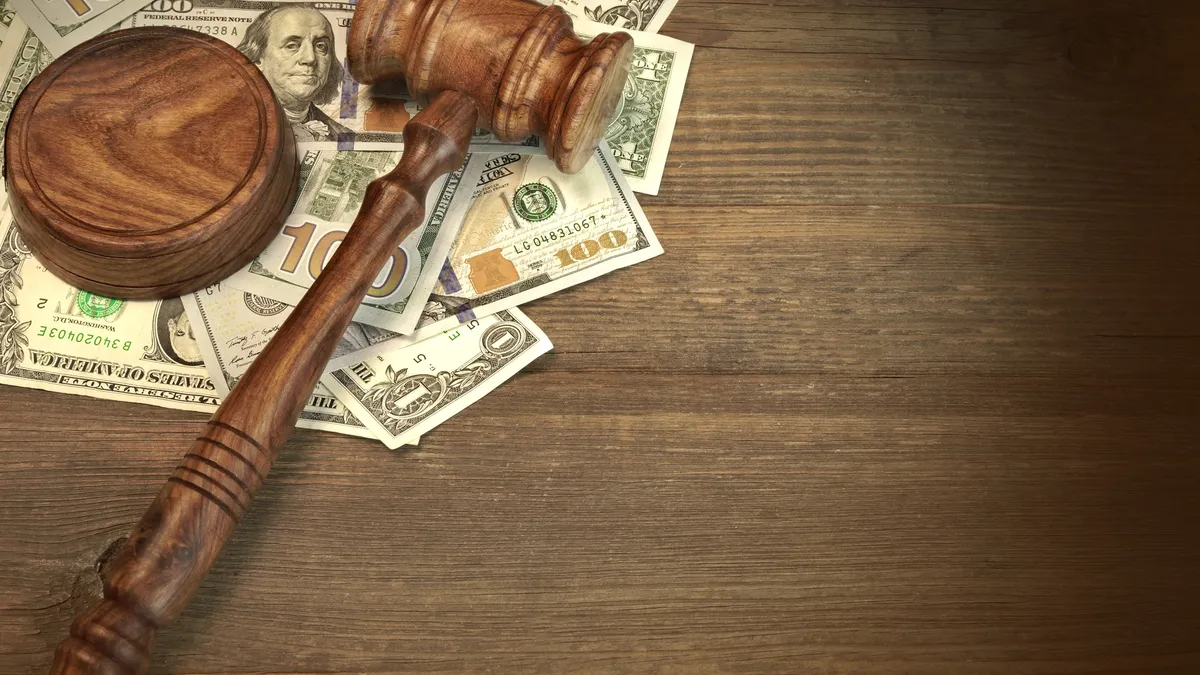During a sometimes intense exchange with congressmen on Thursday, Securities and Exchange Commission Chairman Christopher Cox defended his agency’s actions — and his own legacy — in the years and months leading up to the implosion of U.S. financial markets.
“I would want the agency’s economists and experts to have seen in the gathering evidence what we now know was there, but what virtually no one saw clearly,” he said in his opening testimony before the Committee on Oversight and Government Reform. He was sandwiched between former Federal Reserve chairman Alan Greenspan and former Treasury secretary John Snow, who sounded similarly regretful tones for not predicting the mortgage-market meltdown, but disputed any congressional suggestion that their agencies could have prevented the enormity of the collapse.
But it was largely Cox’s day on the griddle. He fended off lawmakers’ charges that he was “asleep at the switch” as the U.S. financial system was falling apart. He instead tried to focus the congressmen’s attention on the reforms that he is asking for now. He asked them to close up “regulatory gaps” and mandate oversight over the credit default swaps market, which is unregulated; create a statuary regulator for investment bank holding companies; and improve how the federal regulators share information. “Cleaning up the mess after the fact, while important, is not ideal,” he said. “The best thing of course is to infer lessons from what happened and prevent anything like this … from happening again.”
Committee chairman Henry Waxman, a California Democrat, criticized Cox for not pushing for changes in regulation sooner. “The reality is, Mr. Cox, you weren’t doing the job or proposing these regulations beforehand,” Waxman said. “You didn’t anticipate the problems or you agreed with the philosophy that we didn’t need regulation or that the markets could regulate themselves.”
Ranking minority member Tom Davis, Republican of Virginia, came to Cox’s defense. “I think we all agree that there’s a lot of blame to go around, but it doesn’t lie with any one party or any one agency,” he said.
Cox responded to the rapid-fire of questions calmly and often so quietly that Waxman had to ask him several times to speak louder. He didn’t falter when yelled at by Maryland Democrat Elijah Cummings, who accused the SEC chairman of letting a risk-assessment office charged with observing derivative trading fall by the wayside. Cox disputed Cummings’ claims, saying that the seven-person office still exists.
Cummings also reminded Cox of how the chairman’s reputation has been brought into question recently by bringing up the fact that Sen. John McCain, the Republican presidential nominee, said last month that he would fire Cox if he were president because “in my view he has betrayed the public’s trust.” Cox didn’t address McCain’s words at today’s hearing. He has though been continually defended the SEC and touting the agency’s enforcement actions against insider trading and broker/dealer accused of selling risky subprime mortgages, including more than 50 subprime-mortgage related investigations that are underway.
Three years ago, the news that Cox, then a California congressman and former securities lawyer, would chair the SEC was received with sighs from investor advocates who feared that Cox would push an anti-regulation agenda to his new job. During his tenure, critics have called the SEC too soft for seeming to side more often with companies rather than investors in its policies regarding litigation, governance, and enforcement proceedings. At the same time, until recently the political winds have tended to favor less regulation, respecting the gripes of business proponents that the Sarbanes-Oxley Act had hindered the ability of U.S. corporations to stay competitive globally. Leading that push was Treasury Secretary Henry Paulson, who supported a blue-ribbon commission advocating a rollback on rules that were hurting companies.
Now, of course, regulation is no longer a four-letter word for lawmakers. Long thought of as a supporter of deregulation, Greenspan said on Thursday that recent events have made him question his ideology. “I made mistakes in presuming the self-interest of institutions, specifically banks and others, are such that they were best capable of protecting their own shareholders and equity in the firms,” he said.
For his part, Snow, who left the Treasury two years ago, said that he strongly supports changes to the oversight of financial products and institutions. “Nowhere in our financial regulatory system is there anyone with full accountability and a full, 360-degree view on the [issues that led to the crisis] — risk and leverage,” he said.



















